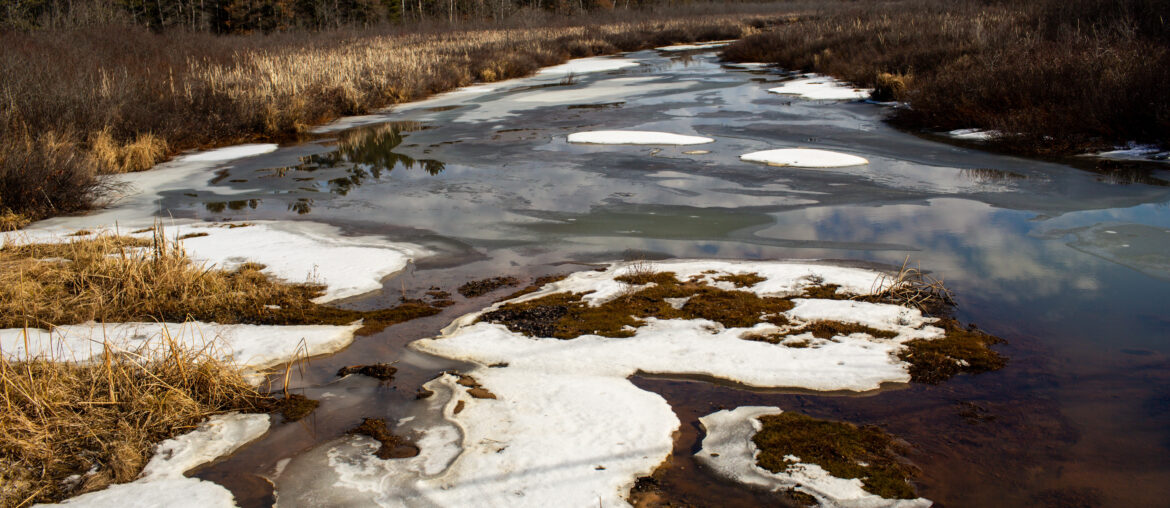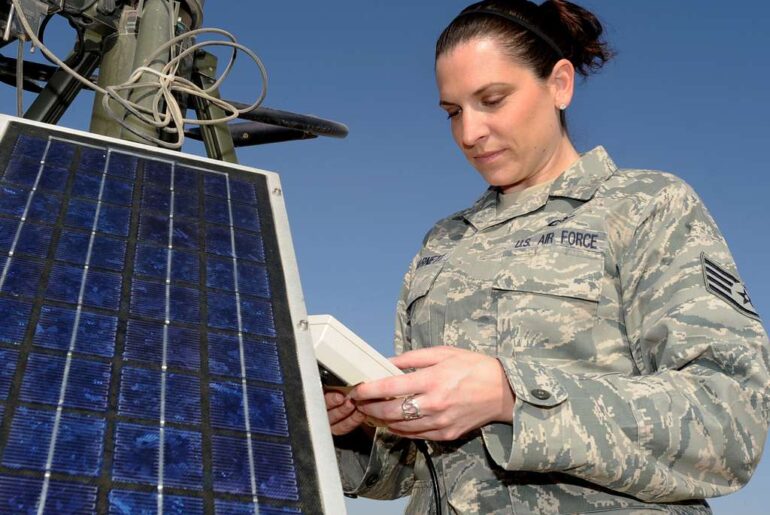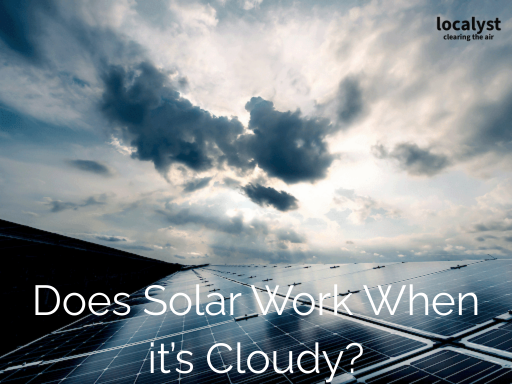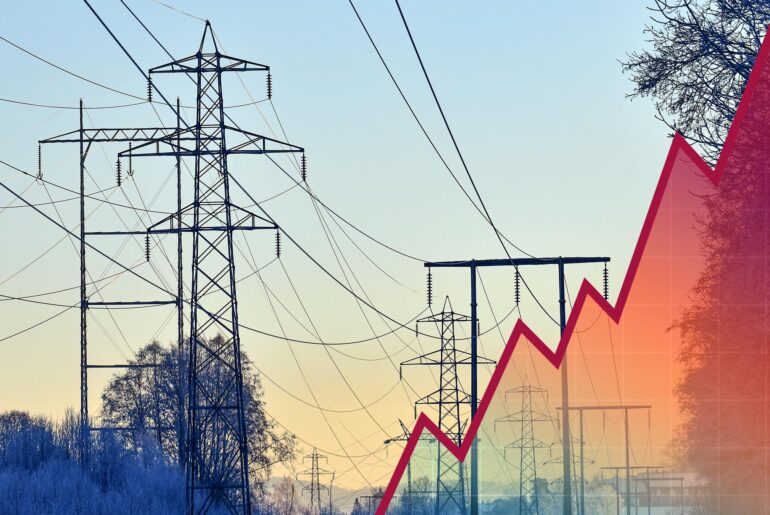I used to cross-country ski and snowshoe as a kid in central Wisconsin. Two Christmases ago, I finally got a pair of snowshoes for myself — lightweight yet solid. I imagined crisp, whisper-quiet mornings in the woods near our house in Milwaukee, the soft sink of snow beneath my feet, a world hushed in white. I was so excited.
But I still haven’t used them. Time and again, the snow either fails to come, or doesn’t last, or never accumulates to anything usable. The trails stay bare, or icy, or patchy. My snowshoes sit, waiting. My dream of working out in nature in the winter as a snowshoer remains largely unrealized—and I suspect I’m not alone.
There is a shift across the Upper Midwest: winters aren’t just changing—they’re weakening. Snow is thinner, ice is brittle, cold is less reliable. Warming temperatures and the pollution blanket that traps heat near the ground are steadily constricting the season I once assumed would be generous.

What’s at Stake in a Warmer Winter Landscape
Across the Midwest, the warming air is reshaping not just landscapes, but lifestyles. Snowshoeing, skiing, snowmobiling, and ice fishing all become precarious when snow arrives late, stays thin, or melts too soon. Trails go unmaintained, events are canceled, and outfitters struggle to stay open.
In Wisconsin, even the American Birkebeiner—one of the nation’s premier ski races, (which my Dad raced in 10 times!) —depends on reliable snow. Poor snow seasons threaten its economic draw. Natural ice rinks and pond skating now require expensive artificial systems, while winter traditions like carnivals, sled dog races, and snow festivals are harder to plan when freeze dates are unpredictable.
The consequences extend into local economies. Businesses that depend on winter traffic—lodges, rentals, and gear shops—see sharp drops in revenue during weak snow years. Seasonal jobs like groomers, instructors, and trail crews vanish, while thaw-freeze cycles damage roads and delay deliveries. Local retailers once boosted by snow-driven demand now face flat winters, and municipalities lose recreation fees even as maintenance costs rise. For many small towns, the loss of dependable winter weather isn’t just environmental—it’s economic.
Warmer winters also ripple through the land and water systems that sustain us. When snowpacks thin or melt early, dormant soils can’t absorb nutrients, leading to more runoff into rivers and lakes, according to the National Science Foundation. Snowpack once acted as a natural buffer, regulating moisture and timing the spring thaw; without it, floods come faster and summers run drier. The Midwest Climate Center notes that reduced ice cover disrupts fish survival and oxygen levels, while milder winters let pests and disease vectors expand. Even the soil, water, and wildlife that once depended on a steady freeze are starting to fray under the weight of warmer air.
And the effects reach human health and public systems too. Warmer winters can worsen air quality, smog, and allergens while extending tick and mosquito seasons, the CDC reports. Emergency services face new volatility from ice storms and sudden floods, and cities must adapt to erratic freeze-thaw damage. Policymakers will need to rethink how to support winter-based economies, strengthen infrastructure, and plan for ecosystems shifting under this growing pollution blanket of trapped heat. The season once defined by endurance and recovery now demands foresight and flexibility.
Return to the Trails with Action
Each winter I glance at those snowshoes, still on my basement floor. They are a physical reminder of expectations unmet, of seasons quietly slipping away. But they also nudge action: because we can take pollution out of the air, and lessen the effect of the pollution blanket that traps in warm air on winter nights.
The transition to clean energy sources, instead of just gas and coal, means there’s hope for snowshoeing in the future—if we act now.
Sources & Further Reading
- National Science Foundation. “As Winters Warm, Nutrient Pollution Threatens 40% of U.S. Waters.” (2024)
nsf.gov/news/winters-warm-nutrient-pollution-threatens-40-us - Midwest Climate Adaptation Science Center – University of Minnesota. “Warming Winters: Impacts on Fish, Ice, and Freshwater Systems.” (2024)
mwcasc.umn.edu/warming-winters - Centers for Disease Control and Prevention. Midwest Regional Climate & Health Factsheet. (2024)
cdc.gov/climate-health/media/pdfs/2024/06/MIDWEST_Regional_Factsheet.pdf - American Birkebeiner Ski Foundation. “Economic Impact of the Birkie on Wisconsin’s Northwoods.” (2023)
birkie.com/economic-impact - Minnesota Public Radio News. “Lack of Snow Has Some Northern Minnesota Businesses Struggling.” (2025)
mprnews.org/story/2025/01/10/lack-of-snow-has-some-northern-minnesota-businesses-struggling - The Guardian. “Record-Low Snowfall Is Transforming Midwestern Winters.” (2024)
theguardian.com/environment/2024/feb/28/us-midwest-record-low-snow-winter - Grist. “The Midwest Defined Itself by Its Winters. What Happens When They Disappear?” by Jena Brooker (2024)
grist.org/culture/the-midwest-defined-itself-by-its-winters-what-happens-when-they-disappear - Wisconsin Public Radio. “Shorter Winters and Longer Mud Seasons Are Reshaping Rural Life.” (2024)
wpr.org/shorter-winters-longer-mud-seasons-wisconsin




